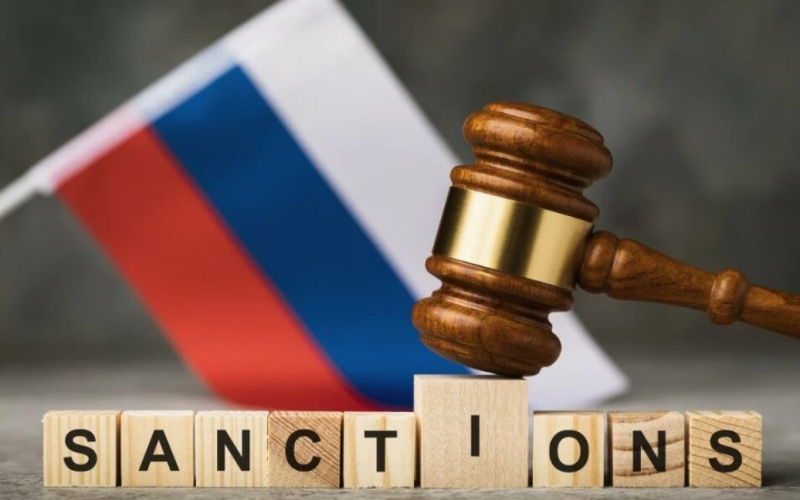
Forbidden goods continue to enter Russia.
Russian officials and leaders quickly banded together to find workarounds sanctions and bans imposed by the West and the USA.
The New York Times writes about this.
After the introduction of export restrictions and corporate bans – first there were disruptions in trade, Russian suppliers found loopholes and cultivated workarounds.
“Russia can easily obtain almost all commercial equipment, in particular, telecommunications, surveillance equipment, microchips for advanced computing machines and weapons systems, as well as drones,” the publication writes.
Also, Russian authorities and companies have teamed up to take advantage of gaps in the global response. According to leaked Russian government emails, trade documents and recorded conversations between Russian engineers, they were picking up middleman networks, particularly in China, and disguising their activities through shell companies.
The New York Times writes that Moscow has turned to countries that have taken a neutral position in the war against Ukraine, such as Morocco and Turkey, and is using their ports to receive necessary goods, which are then reloaded onto other ships bound for the Russian Federation. Prohibited tech products then became available for purchase from reputable vendors and easy-to-use e-commerce sites.
“Flexibility was most important. In weekly emails, Russian trade officials shared advice on which ports would transport goods, who would trade in rubles and where Russian-flagged ships could be repaired, documents show.” the article says.
The publication, citing economist Elina Rybakova, points out that insufficient government investigators in the US and Europe are unable to keep up with the often shady flow of goods. Big tech companies need to do more, she said.
After the sanctions were announced, Russian suppliers faced difficulties in securing goods, but Russian officials and executives quickly banded together to find workarounds. Political supporters profited from the flight of Western companies, journalists say.
The publication's information indicates that the Russian trade office in Morocco also helped Russian companies regain their positions, in particular, the Moscow supplier of biometric surveillance equipment ProSoft.
The newspaper refers to a statement by representatives of the Moroccan state port Tanger Med. They noted that they rented the space to shipping companies and “do not have information and are not responsible for ships moving through the complex.” The port was “unaware” that the shipped goods had entered Russian ports before or after.
“ProSoft also supported the supply of Western technologies, including microchips from Texas Instruments, Intel and NXP, through a little-known scrap metal company registered in Casablanca, Morocco… manufactured by Nvidia and artificial intelligence,” it said material.
Little-known Russian e-commerce sites such as Nag, OCS Distribution, 3Logic Distribution and 4Telecom offer sophisticated technologies for sale from major American and European telecommunications manufacturers such as Cisco, HP, Juniper, Ericsson and Nokia .
China and Hong Kong supplied 85% of semiconductors imported into Russia from March 2022 to September 2023, up from 27% before the war, according to Silverado Policy Accelerator, a nonprofit that studies Russian trade routes. < /p>
On November 22, the Verkhovna Rada of Ukraine (VRU) approved the decision of the National Security and Defense Council (NSDC) to introduce sectoral economic and other sanctions against Russia and Belarus.
As people's deputy Yaroslav Zheleznyak reported in his Telegram channel, according to legislative initiative No. 10271, the restrictions will remain in effect for the next 50 years.
He noted that new restrictions will affect the military-industrial complex (DIC) of the Russian Federation and Belarus.
“By this decision, the National Security and Defense Council supported the proposals made by the Cabinet of Ministers for the application of certain sectoral economic and other restrictive measures (sanctions) in the defense industry for a period of 50 years,” the message says.
Related topics:
More news

